Sierra Leone Final Country Report
Executive Summary
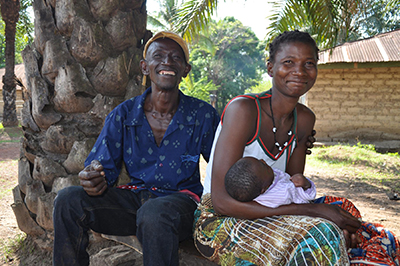
The SPRING project began working in Sierra Leone in January 2016 through funding from the USAID Bureau for Food Security (BFS).

The SPRING project began working in Sierra Leone in January 2016 through funding from the USAID Bureau for Food Security (BFS).
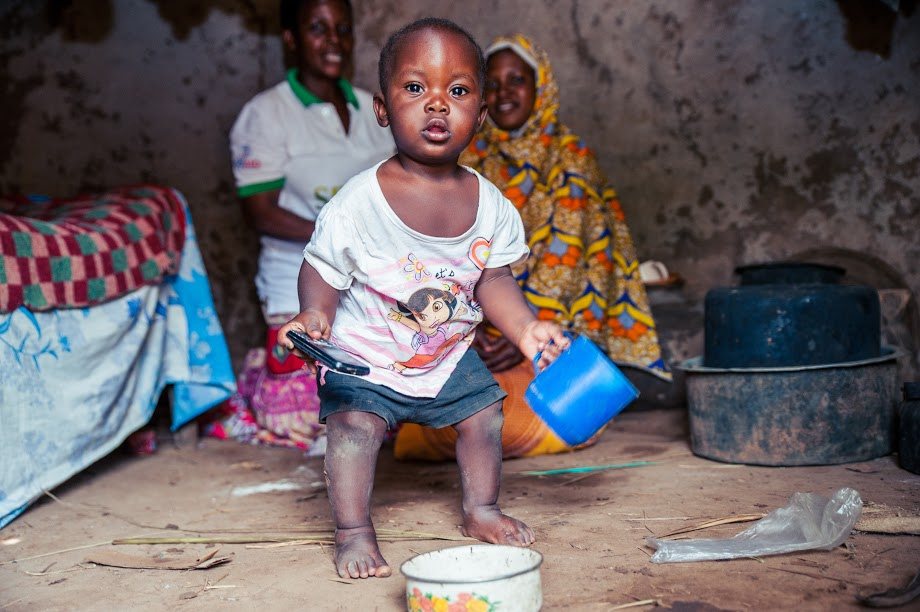
Getting nutrition commitments cemented into other sectors' plans and strategies at global, national and program levels will demand lengthy and sensitive negotiation, backed up wi
Since 2015, SPRING supported the Ministry of Health and Sanitation (MoHS) in Sierra Leone to build a multi-sectoral coordination platform to address anemia. Efforts began with a Landscape Analysis of Anemia and Anemia-related Programming, revealing that although anemia is a severe public health problem, iron deficiency, typically a main contributor, is surprisingly low.
In Sierra Leone, the diet of pregnant and lactating women and that of children 6 to 23 months old (1,000-days households) are deficient in animal-source foods. This is thought to be a contributor to the very high rates of stunting among children in rural Tonkolili District. Smoked and raw marine fish is commonly consumed by rural families, providing a key source of nutrients.
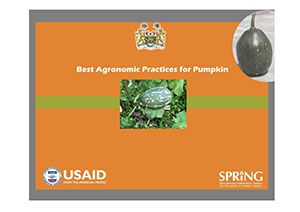
In Sierra Leone, the diet of pregnant and lactating women and that of children 6 to 23 months old (1,000-days households) are deficient in vitamin A-rich foods. This is thought to be a contributor to the very high rates of stunting among children in rural Tonkolili District.
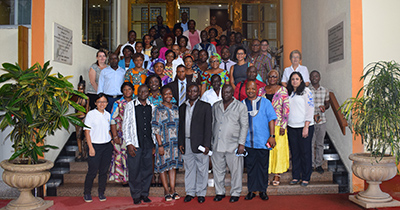
Anemia, a widespread public health problem, affects nearly 25 percent of the world’s population and undermines countries’ progress in health and economic development.
A central part of SPRING’s work is to share learnings on how to implement effective nutrition programming. As more countries are moving ahead with efforts to end malnutrition globally, the need for large-scale implementation and impact has never been greater. While actors often know what kinds of interventions they need to conduct to combat malnutrition, these interventions are not always carried out with sufficient quality or scale to make the needed impact. That is why more and more implementers, researchers, and other partners are looking to implementation science for help. Dr.
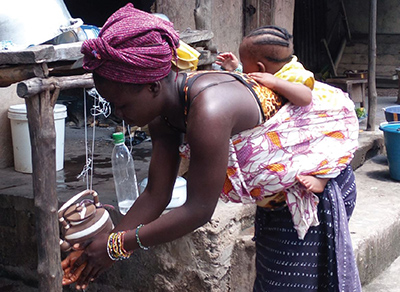
The SPRING project, together with Helen Keller International (HKI), recently used Trials of Improved Practices (TIPs), a qualitative research methodology, to design social and behavior change communication (SBCC) efforts to improve the nutritional status of women who we
As part of Sierra Leone’s efforts to build a multisectoral platform to address anemia, SPRING has been providing support to draft the Sierra Leone National Multi-Sectoral Strategy to Prevent and Control Anemia. This is the first strategy developed in Sierra Leone to specifically address anemia. The working group focused on priority actions for anemia prevention and control that it felt needed to be improved or scaled up.